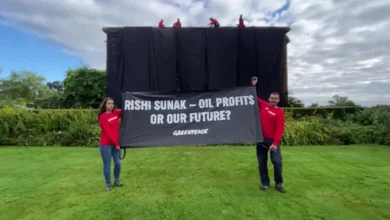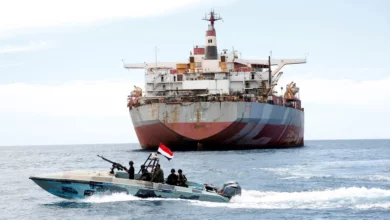Khartoum–Three south Sudan militia leaders angry over alleged fraud in national elections are coordinating attacks in the oil-producing region, a renegade general said on Monday, but the southern army played down the threat.
South Sudan will hold a referendum on secession in January, and most analysts believe the under-developed region will opt for independence. Renegade attacks, tribal clashes and other insecurity have raised fears that conflict may spill over into neighboring east Africa.
“Southerners are not happy with what happened during the elections,” said George Athor, a senior general who complained of fraud after losing in the April elections and went on the run on April 30.
“I have many people who joined me, one of them is Colonel Galwak Gai and the other is David Yauyau, and we have others in other areas,” he added.
Yauyau, who told Reuters he was coordinating operations with Athor, carried out an attack on the south Sudan army (SPLA) in Jonglei state a week ago, forcing the United Nations to evacuate 10 aid staff. Yauyau said he was in the SPLA in the 1980s and was working in local government before the April polls. The SPLA said Gai attacked it in oil-rich Unity state on May 28. Gai was an officer in the police before going rogue, it added.
“Militia commander Galwak Gai came and attacked our position,” said SPLA Spokesman Kuol Diem Kuol, adding that only one soldier was wounded but they had found two attackers’ bodies and took four prisoners.
Gai’s telephone was out of service on Monday. Kuol said Gai was on the run and his 360 soldiers were scattered, and the SPLA were searching for Athor. “We are advising him to surrender … if he resists then we will capture him by all means,” he said.
Kuol said that in separate incidents, eight people were killed and 27 wounded in Lakes state when the SPLA intervened to try to stem tribal clashes over tit-for-tat cattle raids.
“The local youths in the village immediately fired on our forces while they were still in the trucks,” Kuol said. “That force went down and started to defend themselves.”
Escalating tribal clashes and other signs of insecurity have restricted aid operations in the south, where almost half the population is short of food.




